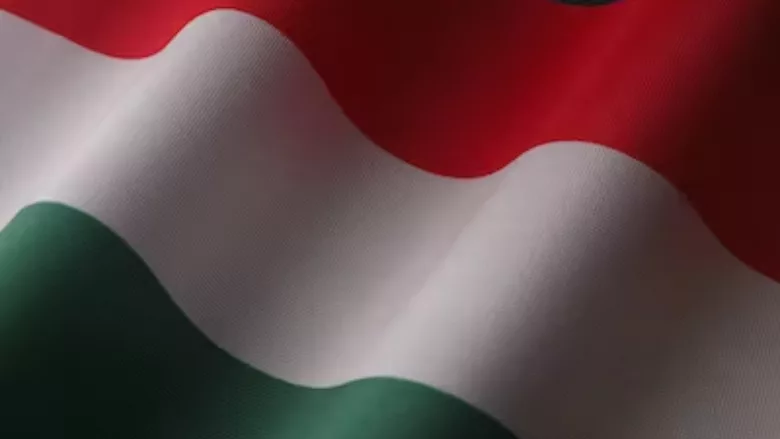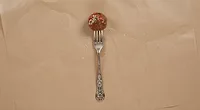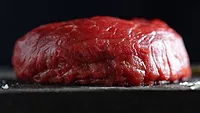Italy Submits Draft EU Legislation to Ban Cell-Based Meat and Plant-Based Protein Labeled as Meat

Image credit: engin akyurt via Unsplash
With a draft legislation recently introduced to the European Commission, Italy is seeking to prohibit the production and marketing of cell-based meat, as well as the sale of plant-based proteins labeled as meat.
Under Article 7 of European Commission Regulation 178/2002, Italy submitted the present draft in light of the absence of specific legislation at the EU level as a precautionary measure to protect “health and cultural heritage.” Specifically, Italy calls for the prohibition of using food or feed consisting of, isolated, from, or produced from cell cultures or tissues derived from vertebrate animals. The draft legislation would bar food and feed business operators from preparing, promoting, selling, holding for sale, importing, producing for export, administering, or distributing cell-based products for consumption.
Additionally, the draft would prohibit processed products containing exclusively vegetable proteins from being labeled with:
- Legal, common, and descriptive names referring to meat, meat production, or products made mainly of meat
- References to animal species, groups of animal species, animal morphology, or animal anatomy
- Specific terms being used by butchers, delis, or fishmongers,
- Names of foods of animal origin representative of commercial origin.
The draft legislation would not preclude the addition of vegetable proteins, flavorings, or ingredients to products of animal origin, nor would it apply to foods where animal proteins represent the predominant share of the product containing vegetable proteins and the consumer is not misled as to the composition of the food. The provisions also would not apply to combinations of foodstuffs of animal origin with other types of food that do not replace nor are alternative to those of animal origin, but are added to them.
Suggested penalties are also laid out in the draft. Specifically, Italy calls for fines of a minimum of €10,000 up to €60,000 or 10 percent of the total annual turnover achieved in the financial year closed before the infringement. The maximum penalty would not exceed €150,000. Infringement may also lead to confiscation of the illicit product, closure of the production plant, and other administrative actions.
The European Commission reviews draft legislation submitted by EU Member States. Other Member States can provide their own opinions of notified drafts.
Looking for quick answers on food safety topics?
Try Ask FSM, our new smart AI search tool.
Ask FSM →








